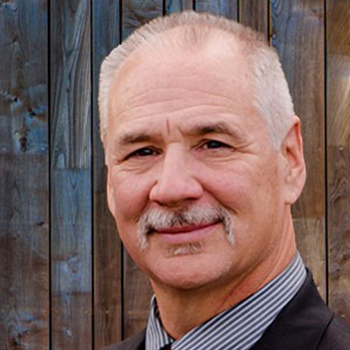Mental illness can be a terrifying experience – for those who have mental illness, for those who are in relationship with the mentally ill, and for those who do not have much contact with the mentally ill.
This is an issue that touches almost everyone in our society. People need to be invited into healthy relationships in spite of their human frailties – and ours. Overcoming fear is essential for this to happen.
As a Christian counselor, I struggle because I believe the Word of God is the final authority for matters of life. That in and of itself is not a problem. The problem is that the Bible does not mention bipolar, depression, schizophrenia, or attention deficit disorder by name.
The purpose of this article is to attack the fear that can hinder the community from a having redemptive impact on those who struggle with mental illness. When a client enters the counseling office, the presenting problem nearly always finds its expression in the context of one or more relationships. Regardless of the diagnosis, it is a problem because it is having a negative impact on the marriage, friendships, work, family, or church. That is important to know because relationship is the heart and soul of the Bible:
• The Ten Commandments are about relationships – about our relationship with God and our relationships with each other.
• The Beatitudes are about what types of relationships please God.
• The Bible tells the stories of our relationship with God; our relationship with a spouse; our relationship with others; our relationship with self; our relationship with nature; our relationship with the spiritual world.
You get the point. Without relationships our Bibles would have some maps and many blank pages.
Counseling can be effective in helping people with mental illness to overcome their relational problems, but it does not work in a vacuum. One of the goals that I always have is for my clients to engage with the community of faith in meaningful ways. This is the context for living out our God-given identity. This is the place where we discover our gifts and talents, the purposes for our lives. Whether we are “normal” or have been labeled mentally ill, the church is the context that is essential for personal growth. This is where we experience the “one-another” commands, and become avenues of grace for each another.
Mental illness can be a terrifying experience. But if we do not address the fear, we will hinder ourselves from having the kind of impact that we long for in this lost and hungry world.
The antidote for fear is love. 2 Timothy 1:7 says “For God hath not given us the spirit of fear; but of power, and of love, and of a sound mind.” 1 John 4:18 adds, “There is no fear in love; but perfect love casteth out fear.” What strikes me about these verses is the strength that love has. Perfect love does not ask fear to leave – it casts it out! There is a holy violence in this confrontation that brings truth and impact.
Fear is normal. I believe this because of my experience, and because the Bible says so much about it. It is a strong motivator, one of the strongest. However, I encourage the community of faith to take radical steps of bold love in the face of our fears, especially as it involves embracing those whose struggles are more intense, whose choices seem strange, whose needs are bewildering.
“Beloved, let us love one another: for love is of God; and every one that loveth is born of God, and knoweth God.” 1 John 4:7.




